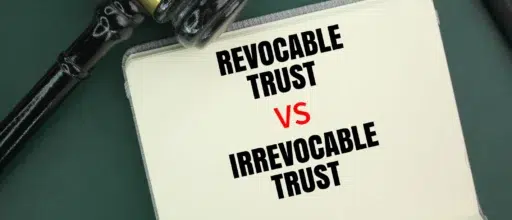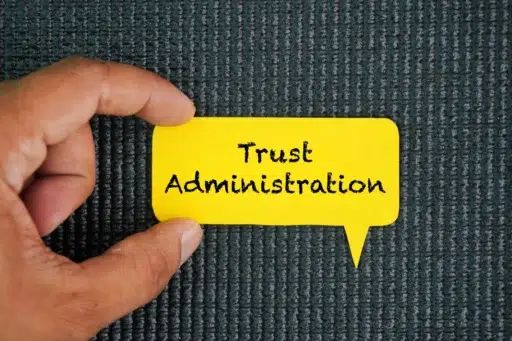What Does an Executor Do?
An executor manages your estate after your death. This person carries out your instructions, pays debts, and distributes assets to beneficiaries. You can appoint a family member, friend, or professional such as an attorney or accountant. The executor holds legal authority and financial responsibility throughout the process.
Main Responsibilities of the Personal Representative
The person handling your estate takes several key steps to complete the process correctly:
- Guide the probate process: File the will with the court, manage paperwork, and send required legal notices.
- Collect and protect property: Secure assets, maintain insurance, and keep detailed records of everything in the estate.
- Pay debts and taxes: Use estate funds to settle outstanding bills and file any required tax returns. Review the IRS estate administrator guide for more information.
- Notify beneficiaries: Contact heirs and distribute assets once the court grants approval.
- Resolve legal issues: Handle disputes or claims that may arise during administration.
Who Can Manage an Estate?
Each state sets its own rules, but most follow the same basic standards for executors or administrators:
- Age and capacity: The executor must be at least 18 and mentally competent.
- Relationship: You may choose a family member, friend, or advisor you trust.
- Residency: Many courts prefer local residents, but out-of-state executors can qualify with extra documentation.
- Capability: The executor must stay organized and manage financial and legal responsibilities effectively.
- Legal eligibility: Some states restrict people with felony convictions or bankruptcies from serving.
How the Court Confirms the Appointment
When a will names an executor, that person petitions the probate court for official authority. If no one is named, the court usually appoints a qualified family member such as a spouse or adult child. In those cases, the court refers to the role as an “administrator” instead of an “executor.”
Qualities to Look For When Choosing Someone
Choosing the right person to manage your estate is one of the most important steps in your estate plan. Look for these traits:
- Integrity: Choose someone honest who will follow your wishes faithfully.
- Organization: Managing finances and deadlines requires strong attention to detail.
- Availability: Estate work can take months, so the person must have time to commit.
- Neutrality: A calm, impartial executor helps prevent family conflict.
- Knowledge: Some experience with financial or legal matters helps the process run smoothly.
- Communication: Talk to your chosen executor before finalizing your plan and confirm they are willing to serve.
- Backups: Always name at least one alternate executor.
- Professional advice: Work with an estate planning attorney to ensure your choice complies with state law.
Get Help With Estate Planning
Choosing the right executor protects your family and ensures your wishes are carried out properly. Metropolitan Law Group helps clients across Arizona, Minnesota, and Wisconsin build clear, enforceable estate plans. Call 480-409-8200 in Arizona or 612-524-9414 in Minnesota and Wisconsin, or book a complimentary 15-minute Discovery Call with our experienced staff today.




